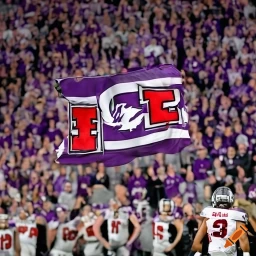Fruit Stripe, the long-standing gum brand recognized for its fruit-flavored varieties and zebra-patterned packaging has officially been discontinued.

A spokesperson for Ferrara, the owner of Fruit Stripe, stated on Wednesday, “The decision to discontinue this product was not taken lightly… We considered many factors… including consumer preferences, and purchasing patterns – and overall brand trends for Fruit Strip Gum.”
The renowned gum, available since the 1960s, featured five flavors: Wet n’ Wild Melon, Cherry, Lemon, Orange, and Peach. Each pack included a temporary tattoo of Yipes the Zebra, the famed mascot.
Ferrara, known for producing other popular candy brands like Trolli, Fun Dip, Pixy Stix, and Nerds, acknowledged that discontinuing Fruit Stripe was a “challenging decision.”
Enthusiasts of this classic gum brand may still be able to locate it in certain retailers across the country until it sells out for the last time.



